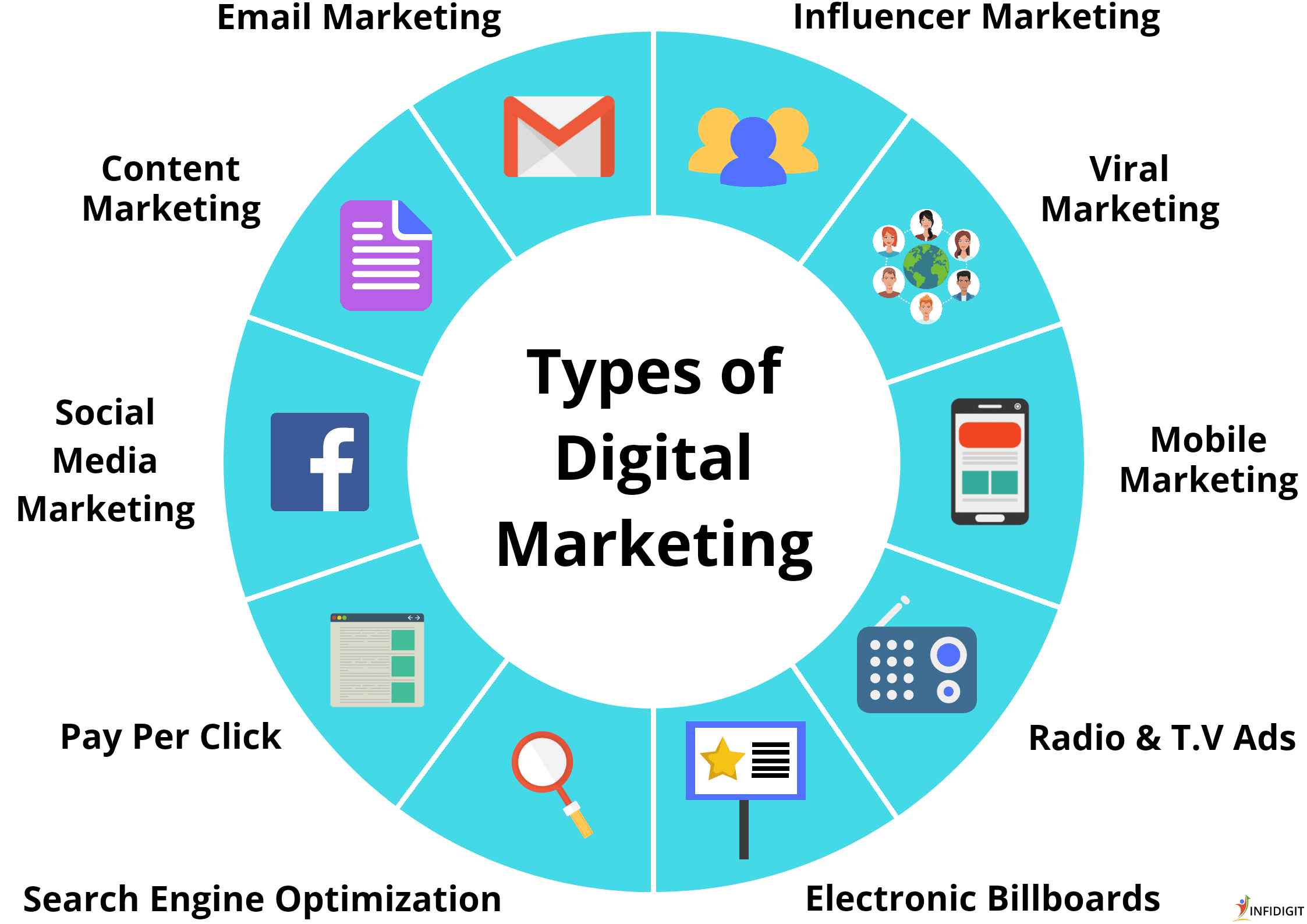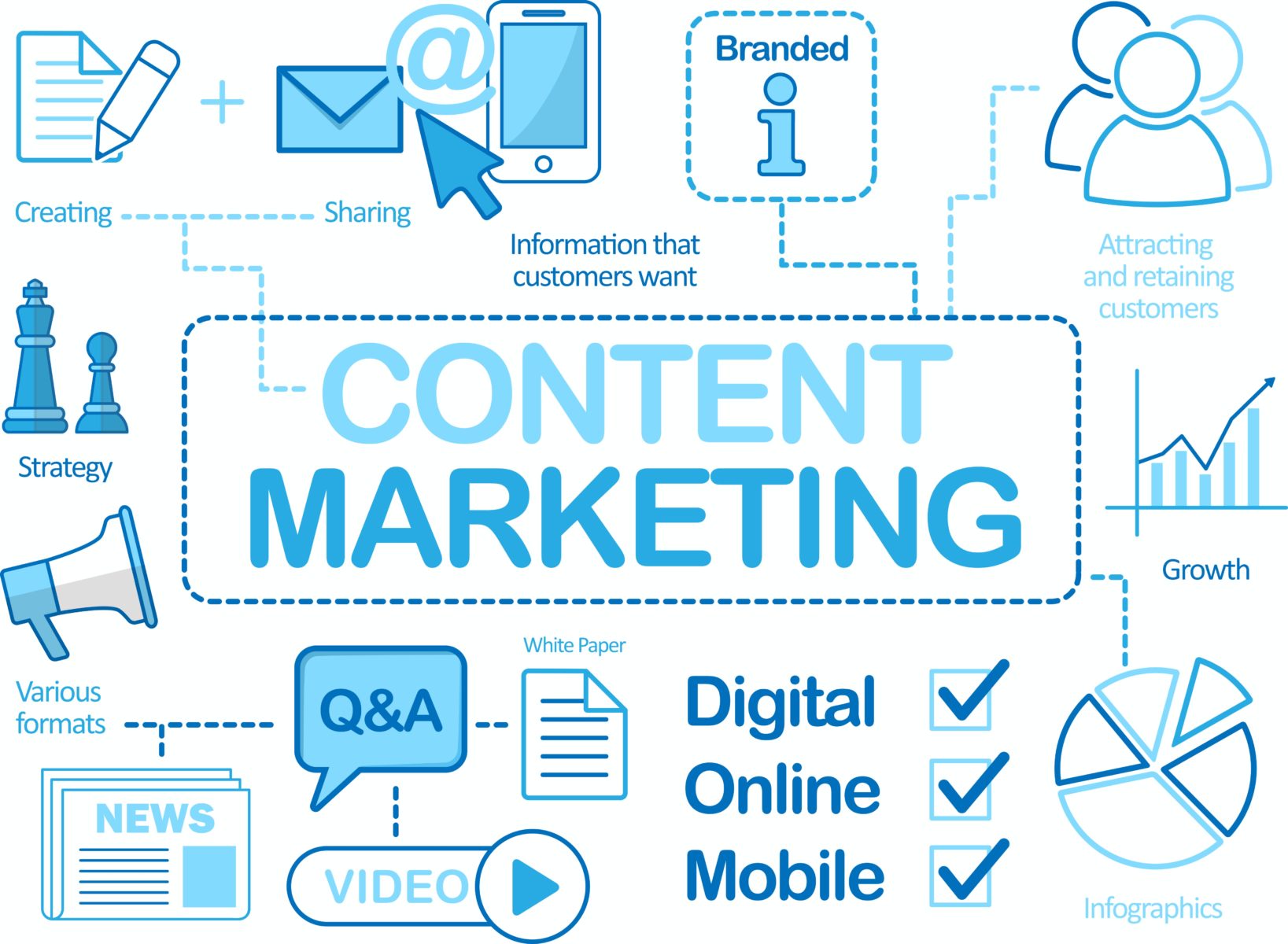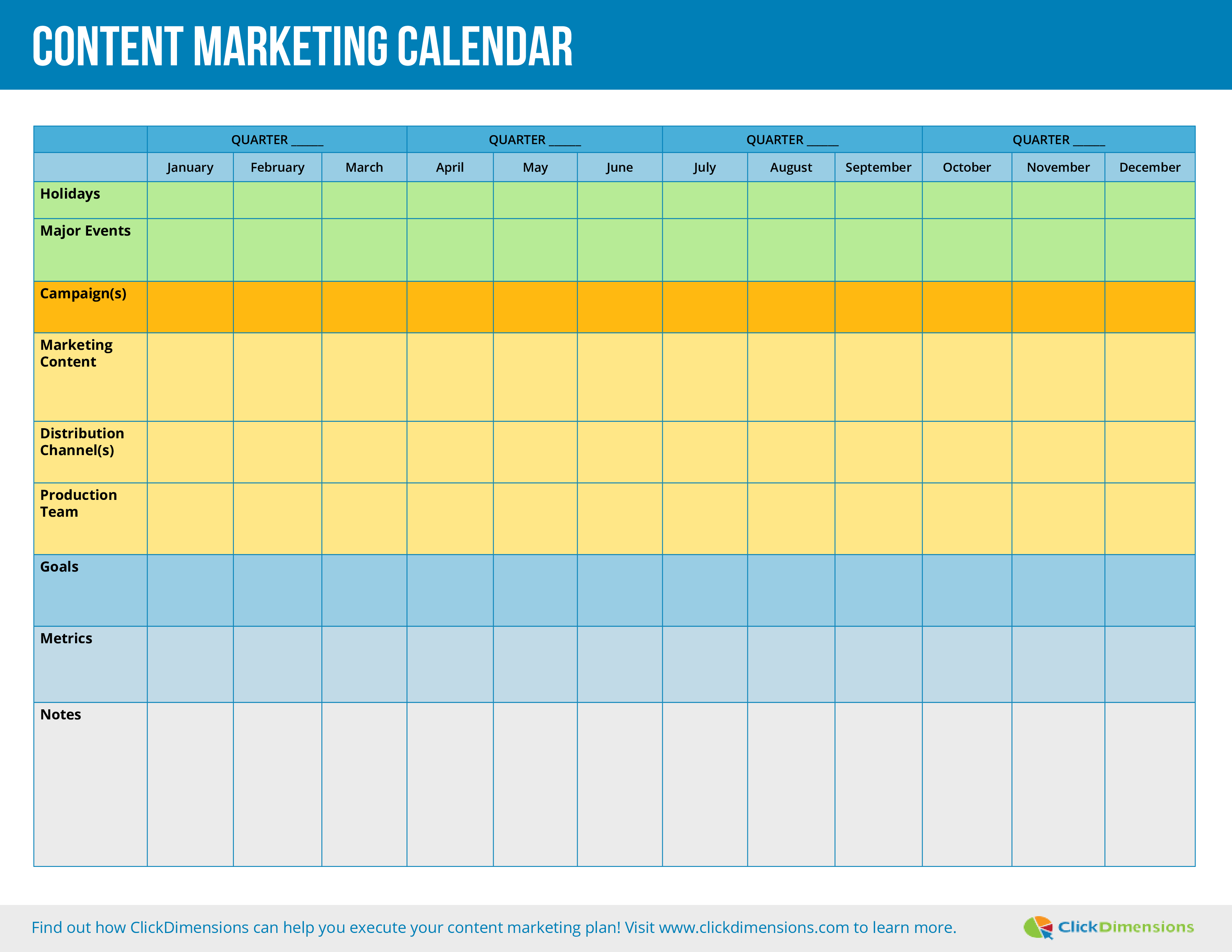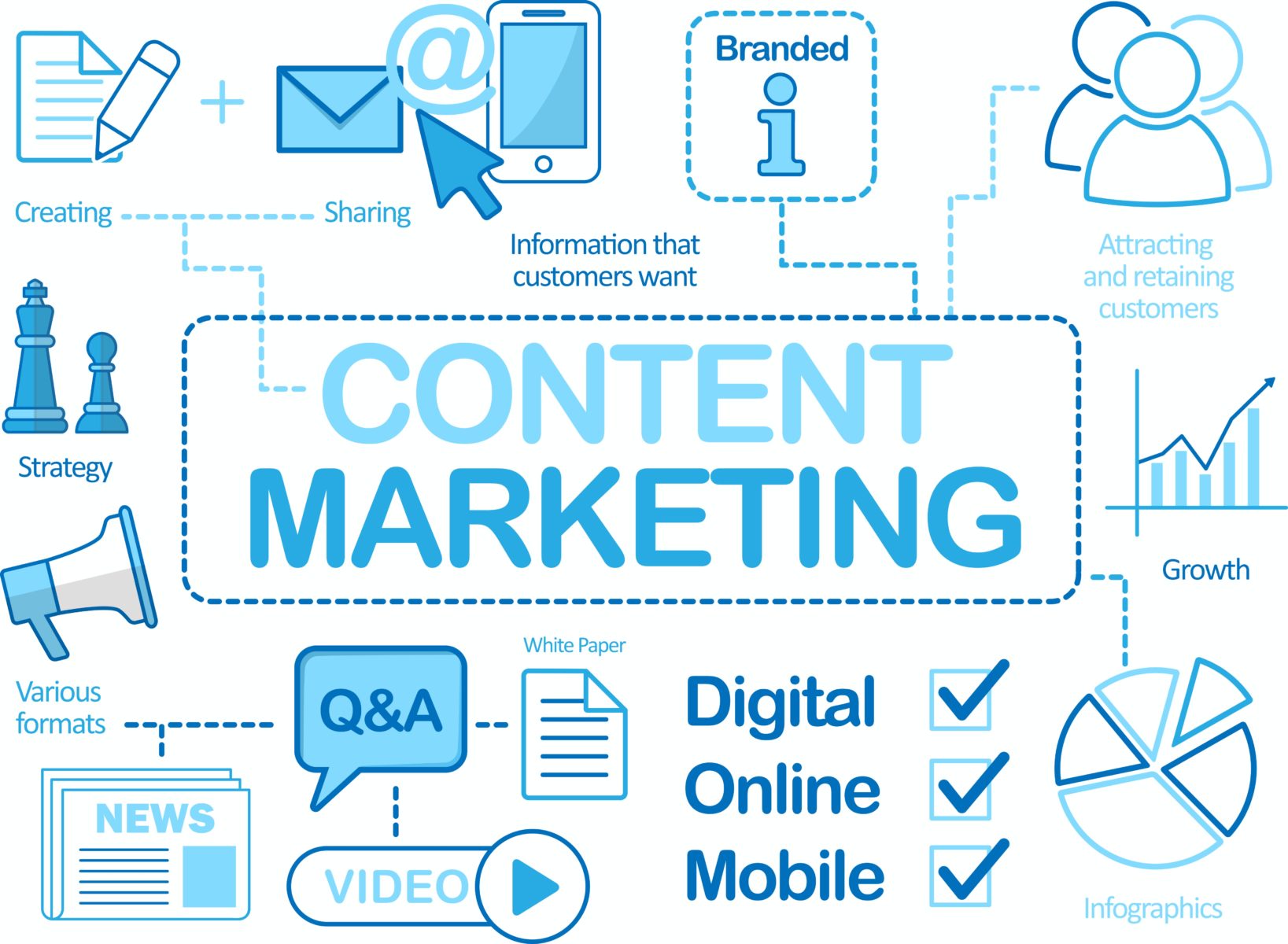Are you looking to boost your small business through effective content marketing strategies? In the digital age, creating compelling content is crucial for engaging with your target audience and driving conversions. This ultimate guide will equip you with the essential tools and knowledge needed to navigate the world of content marketing successfully. Learn how to craft high-quality content, distribute it strategically, and analyze its impact to elevate your brand’s online presence. Content marketing strategies for small businesses have never been more accessible and achievable.

Exploring Content Marketing for Small Businesses
Understanding the Essence of Content Marketing
Content marketing for small businesses is the art of producing and disseminating valuable content to captivate, involve, and retain consumers. By crafting compelling material, brands can cultivate credibility, forge connections, and increase website traffic. Even with limited resources, small enterprises can utilize content marketing to stand out amidst industry giants. Success lies in aligning content strategies with business objectives, audience preferences, and ongoing market trends.

Exploring the Diverse Landscape of Content Formats
Embracing the Power of Various Content Types
Diving into the world of content marketing for small businesses unveils a plethora of engaging options. Blog posts stand as stalwarts, offering insightful articles to captivate your audience. Social media bursts to life with succinct posts, images, and videos, fostering direct connections with your followers. Videos emerge as dynamic tools to showcase your brand’s offerings or expertise, grabbing attention effectively. Infographics reign supreme, transforming intricate data into visually appealing, easy-to-digest masterpieces, simplifying complex concepts for your audience.

Crafting Compelling Content for Small Businesses
Providing Value and Solving Audience Problems
Crafting high-quality content for small businesses involves addressing the needs and interests of your target audience. By focusing on providing value and solutions to their problems, you establish credibility and trust, essential for long-term engagement and conversions. Understand your audience’s pain points and tailor your content to offer relevant and actionable insights.
Clear and Concise Communication
Effective communication is key in content marketing for small businesses. Use language that resonates with your audience, avoiding jargon and overly complex terms. Clear, concise content ensures that your message is easily understood, increasing the likelihood of audience engagement and retention. Pique their interest with compelling storytelling while delivering your message succinctly.
Optimal Keyword Integration for SEO
To enhance visibility and reach, incorporate relevant keywords strategically within your content. Understand the search intent behind the keywords related to “Content marketing for small businesses” and seamlessly blend them into your writing. This not only improves search engine optimization (SEO) but also helps attract organic traffic to your website, driving brand awareness and customer acquisition.
Visual Appeal and User-Friendly Design
Enhance the user experience by making your content visually appealing and easy to consume. Utilize engaging visuals, such as images, infographics, and videos, to complement your text. Ensure your content is well-structured with subheadings, bullet points, and white space to improve readability. Aesthetically pleasing content encourages interaction and keeps visitors engaged with your brand.

Mastering Content Performance Analysis for Success
Track Key Metrics for Enhanced Performance
To excel in content marketing for small businesses, tracking vital metrics like website traffic, engagement levels, and conversion rates is imperative. Monitoring these metrics provides valuable insights into your audience’s interaction with your content, allowing you to tailor strategies for optimal results.
Utilize Analytics Tools for In-Depth Insights
Empower your content strategy by leveraging analytics tools to comprehend your audience’s behavior and preferences. Understanding how users engage with your content enables you to refine your approach, deliver more relevant material, and enhance overall performance.
Continuous Review and Adaptation for Growth
Consistently reviewing your content’s performance is essential in content marketing for small businesses. By analyzing data regularly, you can identify trends, spot areas for improvement, and adapt your strategies to meet evolving audience demands effectively.
Enhance Results with A/B Testing
In the realm of content marketing for small businesses, A/B testing emerges as a powerful tool to refine your content strategy. Testing variations allows you to assess what resonates best with your audience, enabling you to optimize content to drive better engagement and conversions.

Integrating Content Marketing into Your Business Strategy
Aligning Content Marketing Goals with Business Objectives
Integrating content marketing starts by aligning your goals with your business objectives. Define how content will support revenue generation, brand awareness, or customer retention. This alignment ensures that every piece of content contributes directly to your business success.
Creating a Content Calendar for Strategic Planning
Crafting a content calendar is vital for planning and scheduling content creation and distribution. A calendar helps in maintaining consistency, tracking progress, and ensuring timely delivery of content. It allows you to strategize, stay organized, and effectively manage your content marketing efforts.
Involving Your Team for Consistency and Quality Assurance
Involving your team in the content creation process fosters consistency and guarantees quality across all content pieces. Collaborate with team members to bring diverse perspectives, skills, and ideas to the table. This collective effort ensures that your content resonates with your audience and reflects your brand effectively.
Staying Updated with Content Marketing Trends
Staying informed about the latest content marketing trends and best practices is essential for staying ahead of the competition. Regularly analyze industry insights, attend webinars, and follow thought leaders to incorporate innovative strategies into your content marketing approach. Adapting to trends ensures your content remains relevant and engaging.

Exploring Essential Content Marketing Tools for Small Businesses
Content Management Systems (CMS)
Choosing the right CMS like WordPress, HubSpot, or Wix can streamline content creation and management. WordPress offers flexibility, HubSpot focuses on inbound marketing, while Wix provides user-friendly website building tools. These platforms empower small businesses to create and update content efficiently and effectively.
Social Media Management Tools
Enhance your social media presence with tools like Hootsuite, Buffer, or SproutSocial. Schedule posts, analyze engagement, and manage multiple platforms from a centralized dashboard. These tools optimize social media strategies, saving time and improving audience interaction for small businesses. Stay organized and consistent across your social channels effortlessly.
Analytics Tools for Performance Tracking
Track and analyze content performance using tools like Google Analytics and Google Search Console. Gain insights into audience behavior, traffic sources, and keyword performance. Understanding these metrics helps small businesses refine their content strategies, improve SEO efforts, and make data-driven decisions for better online visibility and reach.
Keyword Research Tools for SEO Optimization
Boost your SEO strategy with tools like Google Keyword Planner, SEMrush, or Ahrefs. Identify relevant keywords, analyze competitors, and optimize content for better search engine rankings. These tools provide valuable insights to small businesses, ensuring their content aligns with popular search queries and attracts organic traffic effectively.

